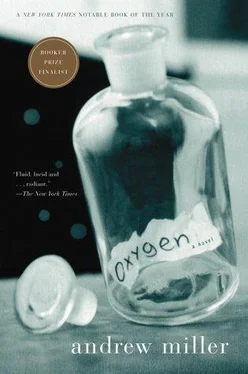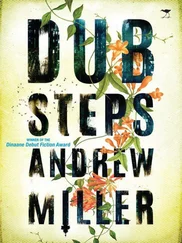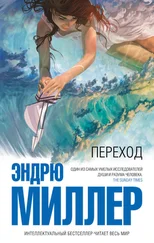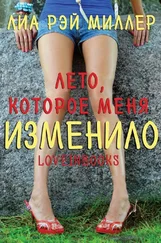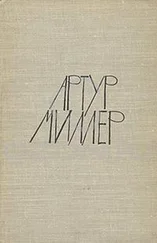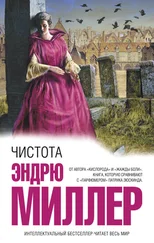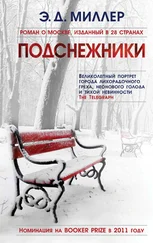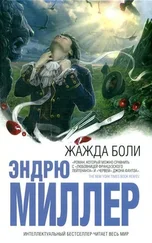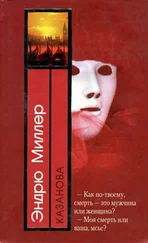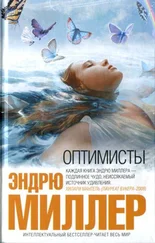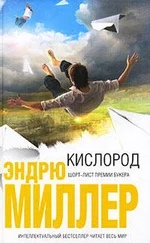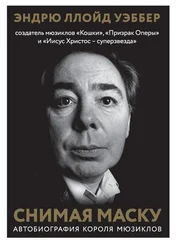‘I can do that,’ she said, soothingly, but he ignored her, and after watching him work for a few moments, she shivered and slipped past him and went down the stairs.
On Monday afternoon, just as László was convincing himself of the mission’s failure, that he would have to go back to Paris with the bag and find some way of returning it to Emil, they contacted him.
He was walking in the shade on Révay utca, a few metres from the entrance to the hotel on his way back from lunch, when a child – a boy of eight or nine – crossed from the sunlit side and held out an envelope.
‘For me?’ asked László.
The boy thrust it into his hand and sprinted away in the direction of the Basilica. László looked to the end of the street, and thought he saw a man step hurriedly out of sight, but the light there was too dazzling to see things clearly.
At the steps to the hotel the doorman asked: ‘Did the kid want money?’
‘No,’ said László.
‘They try it on with the foreigners sometimes.’
László read the note in his room, then used the box of complimentary matches to burn it in an ashtray. There were only two lines to remember: a place – Statue Park – and a time – 3 p.m., Tuesday. He had heard of the park but had never been there. He asked the woman at reception. She said that it was in the XXII district on the other side of the river. Did he want to go there? They would book a car for him.
‘Tomorrow,’ said Lâszlô. ‘And I’ll need my bag. The black bag.’
‘Of course,’ she said. If he gave her the ticket now she would have it waiting for him. He gave her the ticket, though he didn’t like to hand it over. There was nothing now, nothing material, to connect him to the money. What if she were not on duty tomorrow? What if he had somehow to prove the bag was his? But she was there the next afternoon, and the bag was waiting for him behind the desk.
‘Heavier than it looks!’ she said, passing it to him.
‘You’re right,’ said Lâszlô, and they wished each other a nice day, like a pair of Americans.
A taxi was parked by the steps of the hotel. The driver, in short-sleeved shirt and sunglasses, introduced himself as Tibor. Lâszlô sat in the back of the car, the bag tight against his thigh.
They crossed the river, climbed into the hills, and reached the edge of the city. Dusty green verges. Twenty to three. A small golden cross swinging from the rear-view mirror as Tibor gunned the car on a blind bend past a lorry loaded with stone. (As a rule, Lâszlô avoided taxis with religious trinkets in them after nearly dying in one in Spain that had an entire shrine on the dashboard. Recklessness was a trial of faith for these men.)
There wasn’t much to announce the park, just a single billboard a hundred metres before the turn-off. They slowed – though only barely – and swung into an empty forecourt, pulling up in front of a raw-looking, red-brick, neoclassical façade. A kind of folly.
‘Want me to wait?’ asked Tibor.
‘Come back in half an hour.’
‘Want to leave the bag?’
‘My cameras,’ said László, climbing out of the car. ‘I may take some shots in the park.’
‘Maybe you’ll see some pretty girls,’ called Tibor, leaning from the window. László raised a hand, but didn’t look back.
In the ticket booth a middle-aged woman was reading a magazine. She had taken off her shoes and was resting her stockinged feet on a stool. When she saw László she folded the magazine, swung down her feet with a grunt of effort, and flicked a switch on the CD player behind her head. A men’s choir, in full voice, surged from the speakers at a volume that made László wince, and as she tore his ticket from the roll, he saw that the discs were for sale. Soviet Anthems One. Soviet Anthems Two. And there were various old communist badges and red stars and even identity books, like the one he had burned in Paris on the rue Cujas a few days after he arrived there. Who bought this stuff? Was it humour? Irony? He took his ticket and his guidebook and walked through the turnstile into the park. The music abruptly ceased. He was, as he had feared, the only person there.
Ahead of him was a space about the size of a soccer pitch. A large formal garden rather than a park, though without a single tree or flower. White sanded paths connected a pattern of grass rings, and around the edges of the rings the statues – those saved from the gleeful acetylene torches – were deployed in the sunshine like pieces of defunct weaponry. Soldiers, political leaders, abstracts of ideal citizens cast in monumental bonze or sharp-edged steel or stone, their hands raised, their bodies straining forward to greet the future. Some he recognized. Others dated from after ’56 and were new to him. But glowing in the mid-afternoon sunshine they were still impressive, still exercised some remnant of their old imperium, the light flashing from their massive shoulders, their bayonets, their metal chins. The strangeness was in seeing them all together, corralled in the park, walled in, as though they might break out and impose themselves again on the squares of the city. It had been wise of someone to insist on keeping them. There was even an element of humiliation to it, a sense that the monuments could be shamed, their failure kept in public view. And how utterly of the past they were! How soundly beaten! But moving among them, László began to feel a flutter of unease, like the survivor of a sea battle washed up among the bodies of his enemies, afraid that one might groan and stagger to his feet and be vengeful.
Their spell was broken (it was always thus) by laughter. A tour bus had arrived, and the park was cheerfully invaded by teenage students from some international summer school, who fanned into the park with worksheets and baseball caps, calling to each other in French and Italian and English, and taking each other’s pictures in front of the statues. What did they care for all this scrap metal? Communism was something their fathers and grandfathers had known about, perhaps feared. Now it was the pelt of an old wolf, a shaggy old bear, moth-eaten and ready for the tip. Did they find it odd that people had been so easily duped in the past? That anyone could have been so foolish as to believe in the common ownership of the means of production, the abolition of class, the equal distribution of wealth? Their generation was more sophisticated, more knowing, and yet, thought László, also more childish than the one he had grown up in. He liked their irreverence – no looming fathers with black moustaches to keep them in line – but what would they do with this freedom? He worried for them. Les Enfants du paradis. A pair of them, necking behind the Heroes of the People’s Power memorial (‘Those loyal to the people and the Party will be forever remembered…’) stared at him sharply, as though he were the litter man, or perhaps a pervert, and he moved quickly past them.
It was seven minutes after three. Using the bag as a seat, he squatted in the shadow of Lenin – the incarnation that used to greet the workers at the Manfred Weiss iron factory – and leaned his head against the hem of the dictator’s overcoat. He was thirsty, light-headed, longing to be rid of the bag and riding the train home to Paris. Would Kurt forgive him? Excuse it all as menopausal adventuring? A somewhat delayed mid-life crisis? He gazed at the toes of his shoes, the sand in the suede. In this heat it was difficult to think things through, and he began to feel like a figure in the far background of a painting, two or three strokes of the brush, no real face at all, there simply for balance or colour, while in the foreground the emperor’s army rode past on their magnificent horses.
Читать дальше
